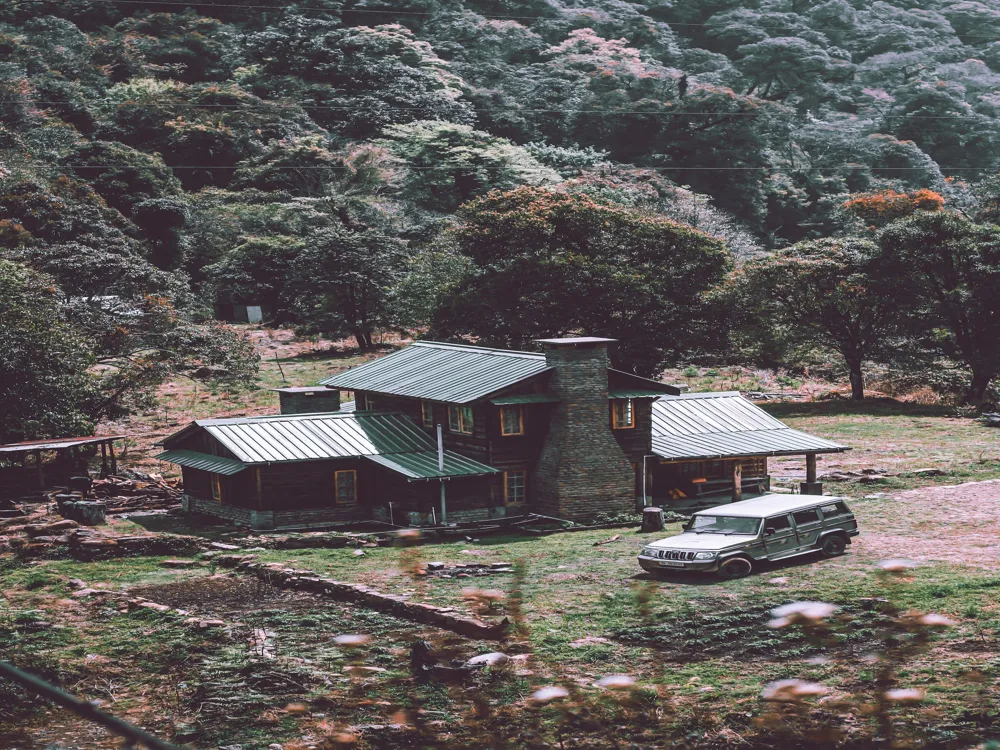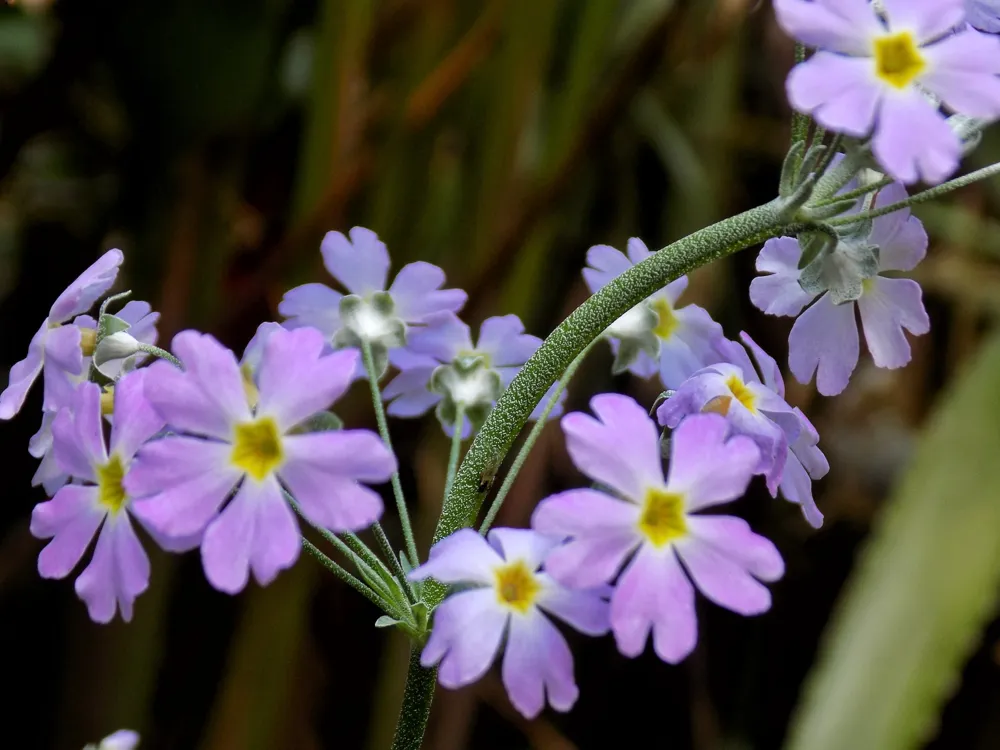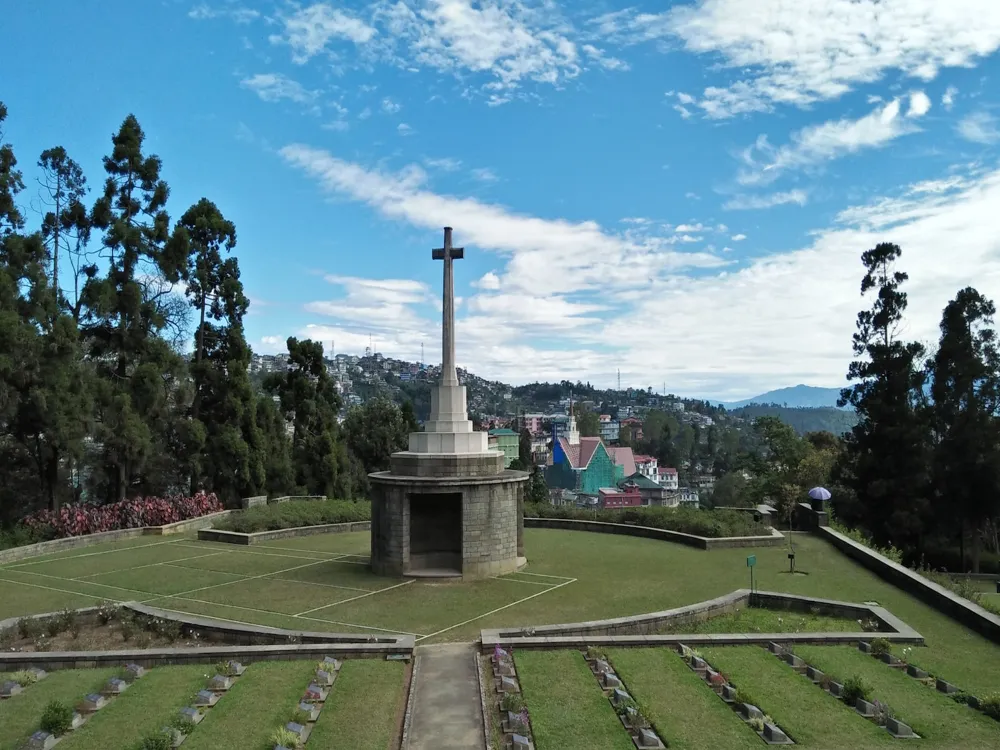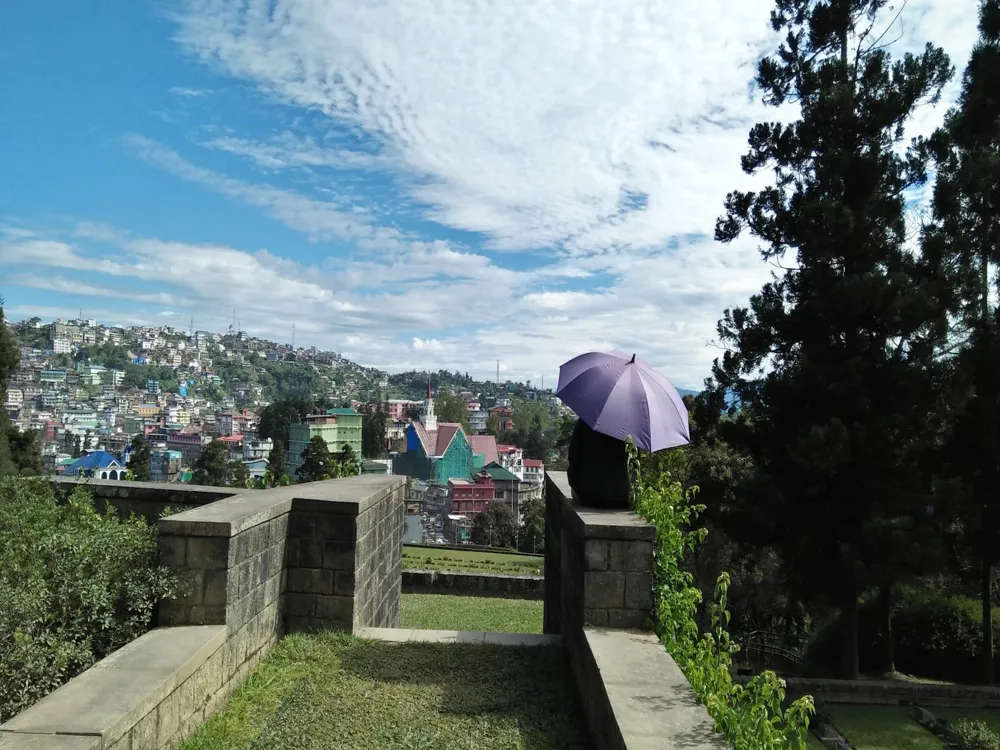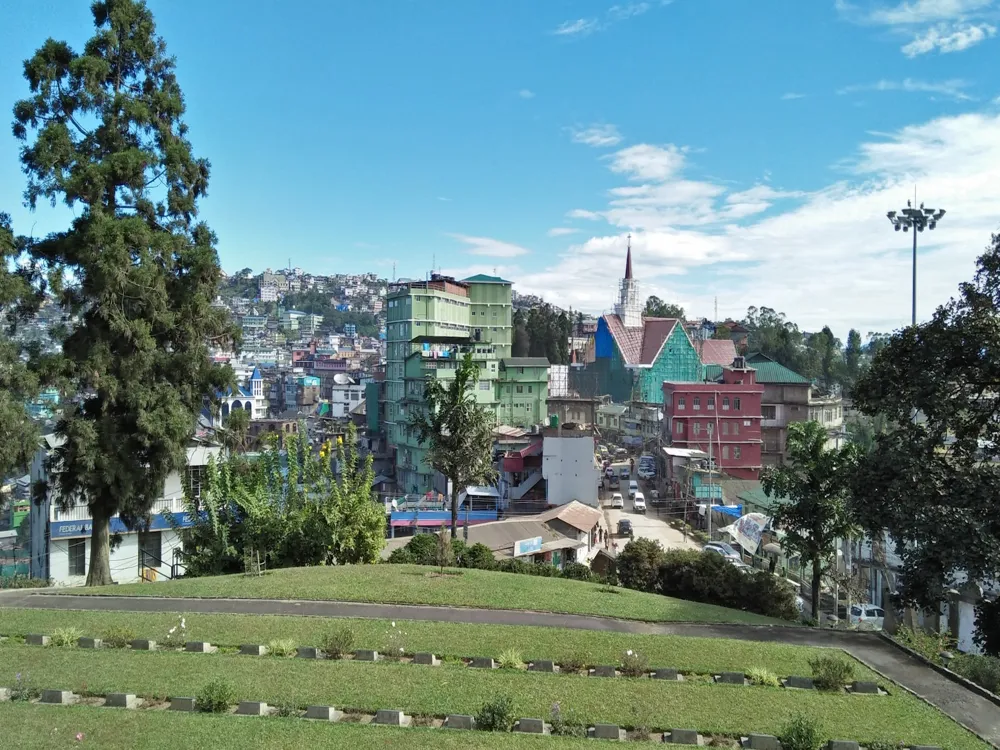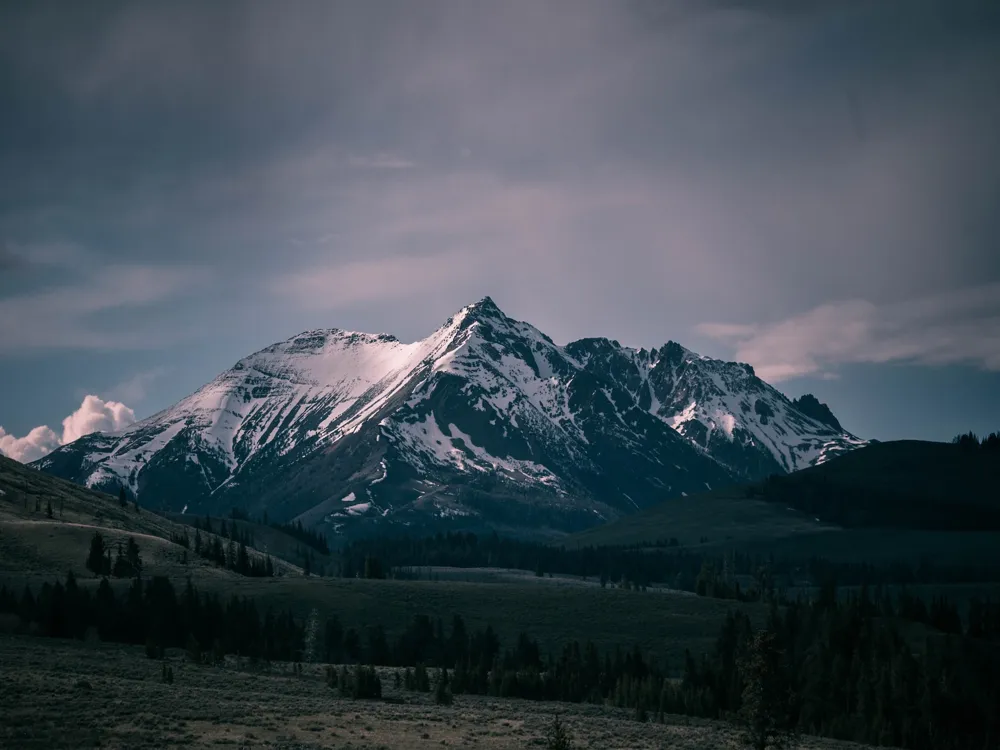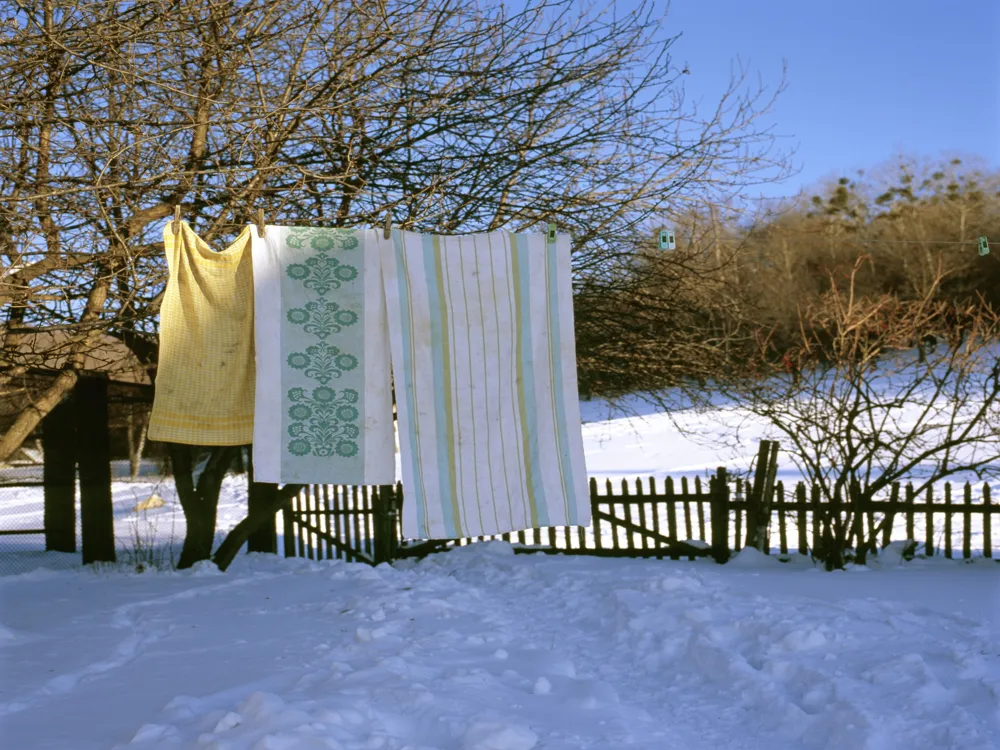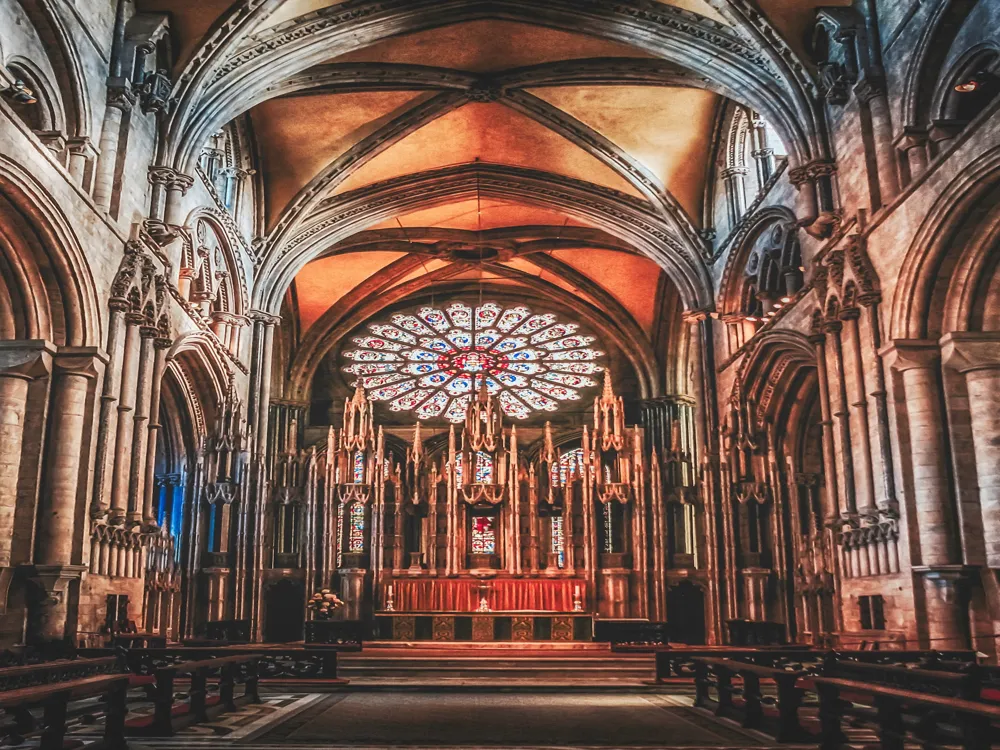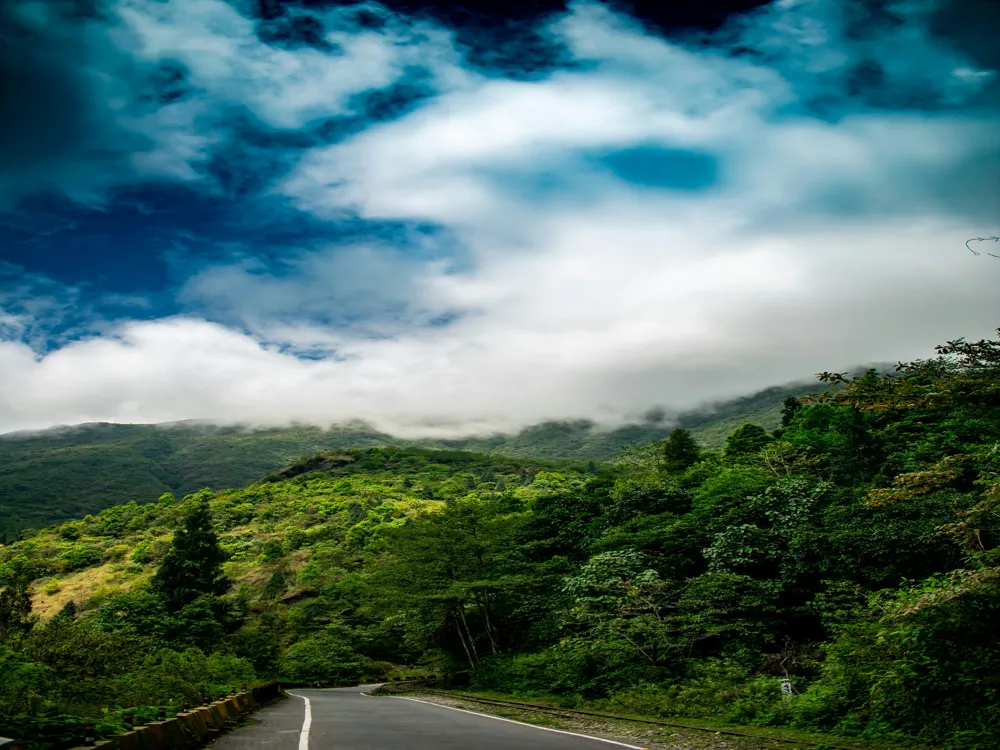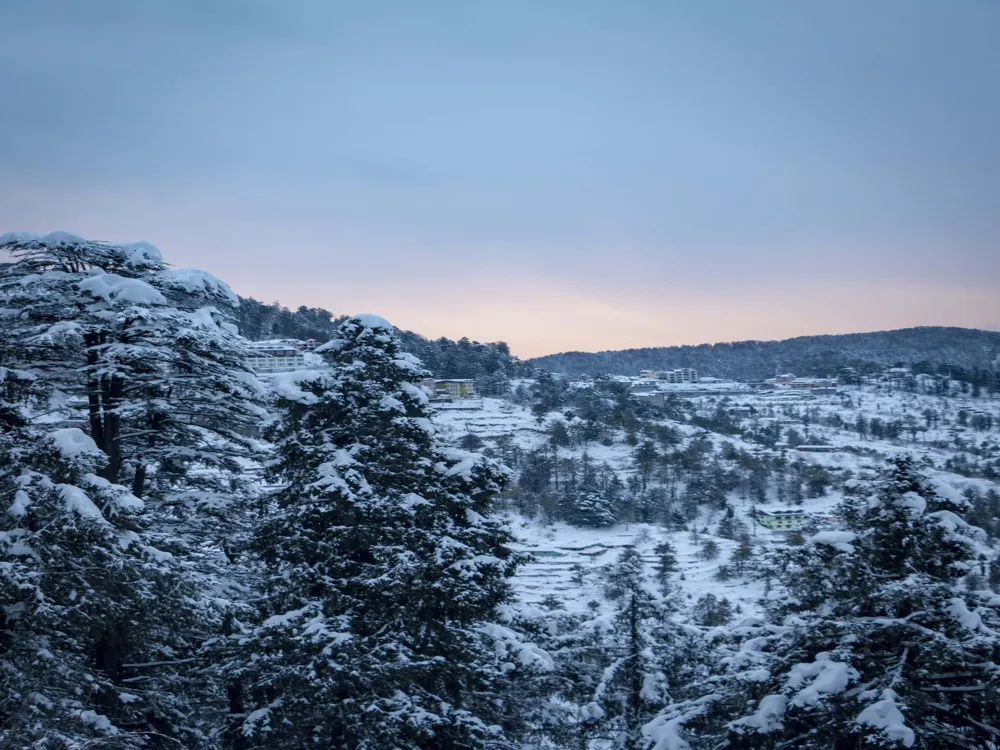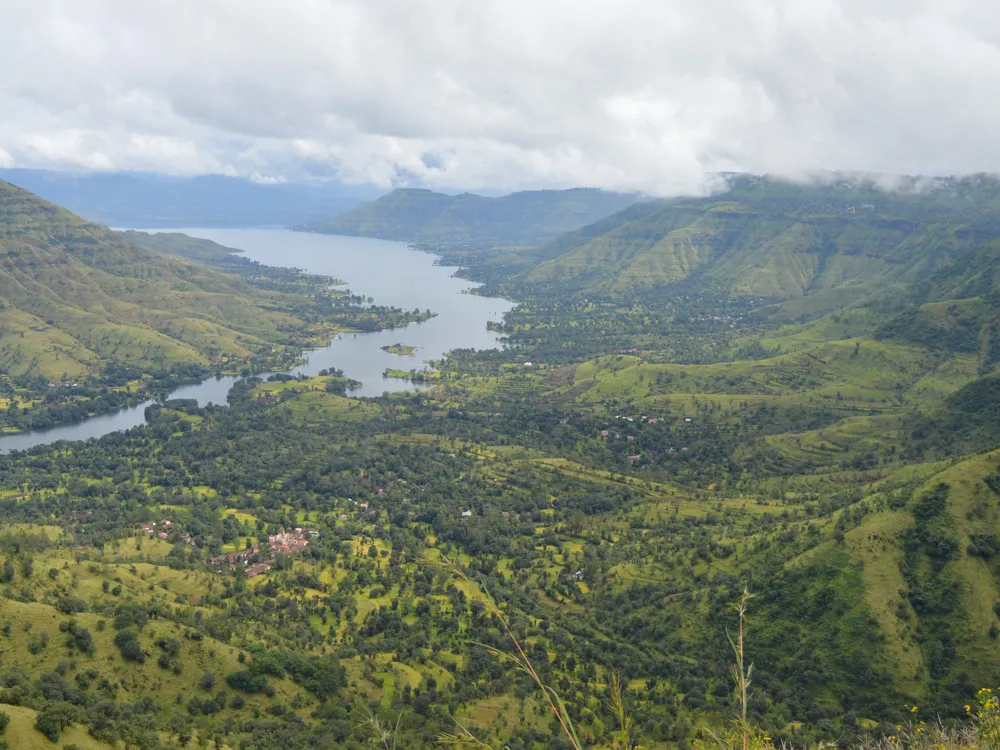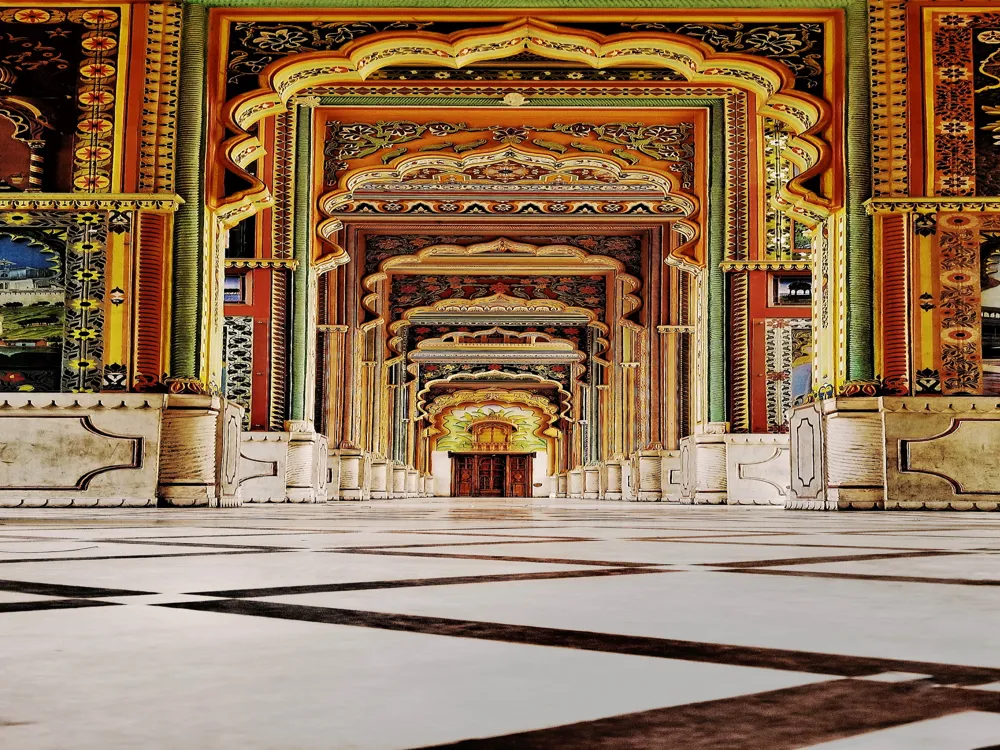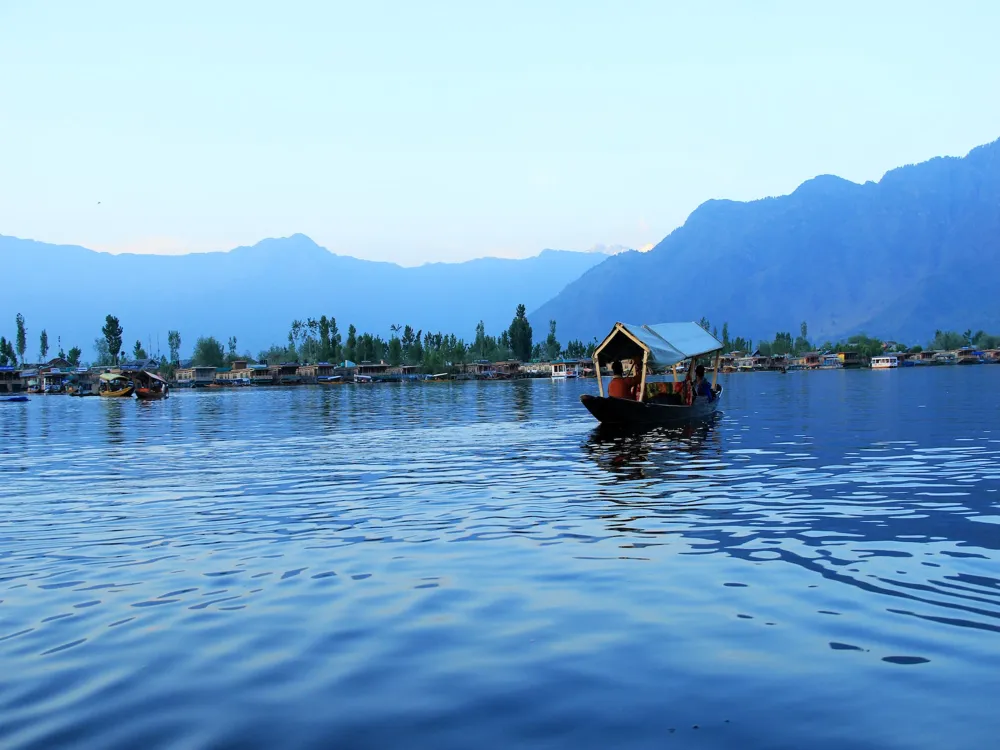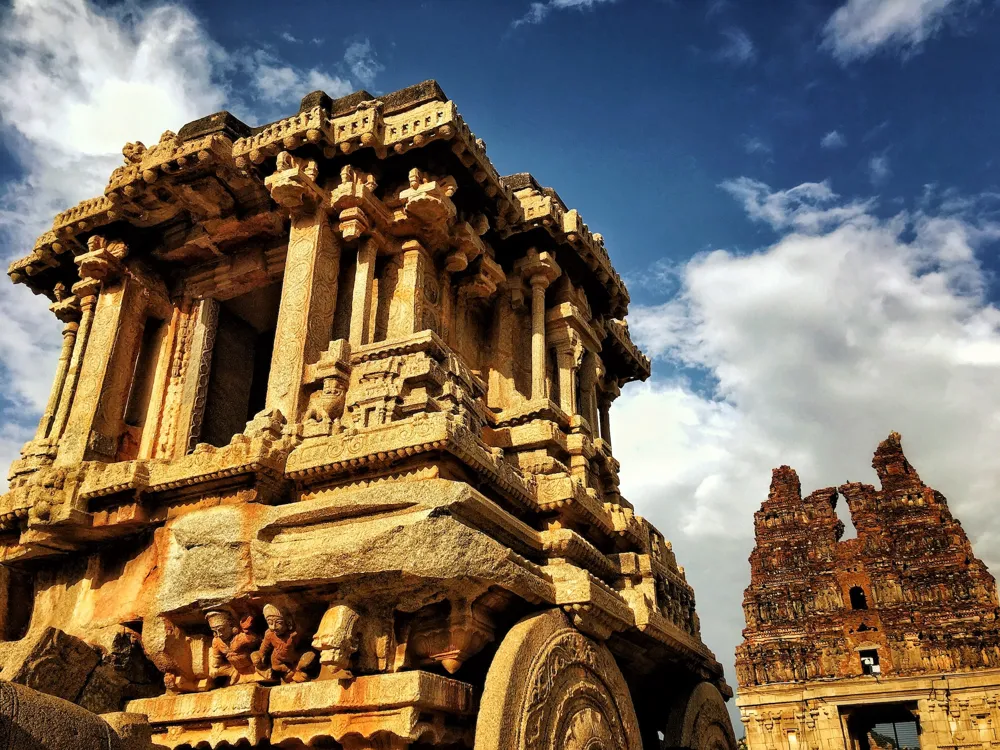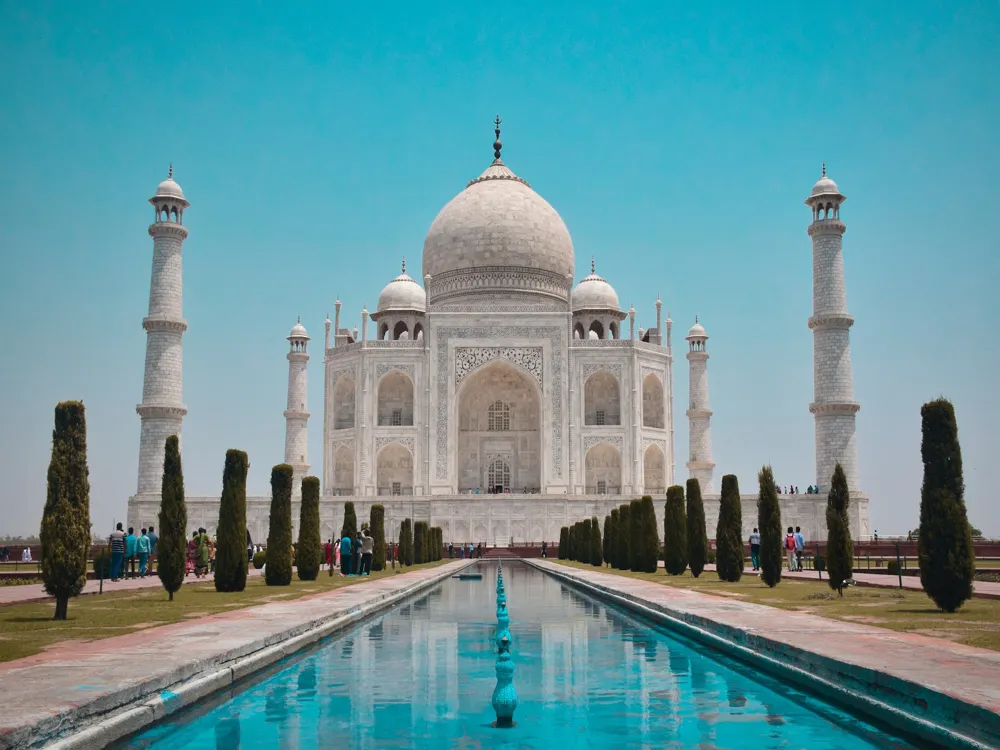Best Time to Visit Kohima
Nagaland India
1 out of 6 Places to visit in NagalandNaN onwards View Packages
Get Customized PackagesThe Land of Diversity
Top Hotel Collections

Private Pool

Luxury Hotels

5-Star Hotels

Pet Friendly
What is the Best Time to Visit Kohima?
Kohima, the picturesque capital of Nagaland, India, is a destination that captivates visitors with its rich cultural heritage and stunning landscapes. When planning your visit to this enchanting city, timing is crucial to ensure you make the most of your experience. In this comprehensive guide, we delve into the best times to visit Kohima, providing valuable insights into each season to help you plan your journey seamlessly.
More about Best Time to Travel to Kohima
Travel Peak Season in Kohima
The peak season in Kohima, spanning from October to May, is undoubtedly the best time to explore this vibrant city. During these months, the weather is mild and pleasant, creating an ideal setting for outdoor activities and sightseeing. The iconic Hornbill Festival, celebrated in December, is a major draw, attracting travelers from across the globe. The city comes alive with cultural performances, traditional music, and colorful festivities, making it a must-visit during this period.
Travel Offseason in Kohima
For those seeking a quieter and more budget-friendly experience, the offseason in Kohima from June to September is worth considering. While the monsoon season brings occasional showers, it also transforms the surroundings into lush greenery, creating a serene and tranquil atmosphere. Hotel prices tend to drop during this period, making it an excellent opportunity for budget-conscious travelers to explore the city without the crowds.
Kohima Travel Packages
View All Packages For Kohima
Kohima in Shoulder Season
The shoulder season, falling between May and June, offers a unique blend of favorable weather and fewer tourists. This period is characterized by mild temperatures, making it an excellent time for outdoor adventures and exploration. Take advantage of the lesser crowds to visit historical sites such as the War Cemetery and the State Museum, immersing yourself in the rich history of the region.
Kohima in Hot Season
From March to May, Kohima experiences its hot season, characterized by warmer temperatures. While this period may not be as popular among tourists, it presents a golden opportunity for those who enjoy a more laid-back atmosphere. Explore the local markets, indulge in traditional Naga cuisine, and witness the vibrant daily life of the locals against the backdrop of the lush hills.
Kohima in Rainy Season
The rainy season, spanning from June to September, brings a refreshing change to Kohima's landscape. The monsoon showers breathe life into the flora, creating a verdant paradise. Although outdoor activities may be limited due to occasional rainfall, nature enthusiasts will appreciate the lush green surroundings and the unique charm that the rainy season bestows upon Kohima.
Kohima in Cool Season
The cool season, extending from October to February, marks the onset of winter in Kohima. This period is characterized by crisp, cool air and a festive ambiance. Engage in the local celebrations, explore the markets adorned with traditional handicrafts, and witness the city's transition into a winter wonderland. The pleasant weather makes it an ideal time for trekking and exploring the picturesque landscapes that surround Kohima.
Places To Visit In Kohima
Nearby Places Kohima
Kohima Photos
View All Photos For KohimaBrowse Package Collections
Browse Hotel Collections
Faq
Q: When is the best time to visit Kohima?
A: The best time to visit Kohima is during the months of October to April when the weather is pleasant and conducive to exploration.
Q: What makes October to April the ideal time for a visit to Kohima?
A: During these months, Kohima experiences a mild climate with temperatures ranging from 12°C to 25°C, providing comfortable conditions for sightseeing and outdoor activities.
Q: Are there any specific events or festivals during this period that one should consider?
A: Yes, the Hornbill Festival, held in the first week of December, is a major attraction. It showcases the rich cultural heritage of Nagaland with traditional music, dance, and various indigenous crafts.
Q: Is there any specific month within this time frame that stands out for a visit?
A: Many travelers recommend November as an ideal month. The weather is pleasant, and the Hornbill Festival allows visitors to immerse themselves in the vibrant Naga culture.
Q: What about the monsoon season? Is it advisable to visit Kohima during that time?
A: The monsoon season, from June to September, brings heavy rainfall, making transportation challenging. Landslides are common, so it is advisable to avoid visiting during this period.

